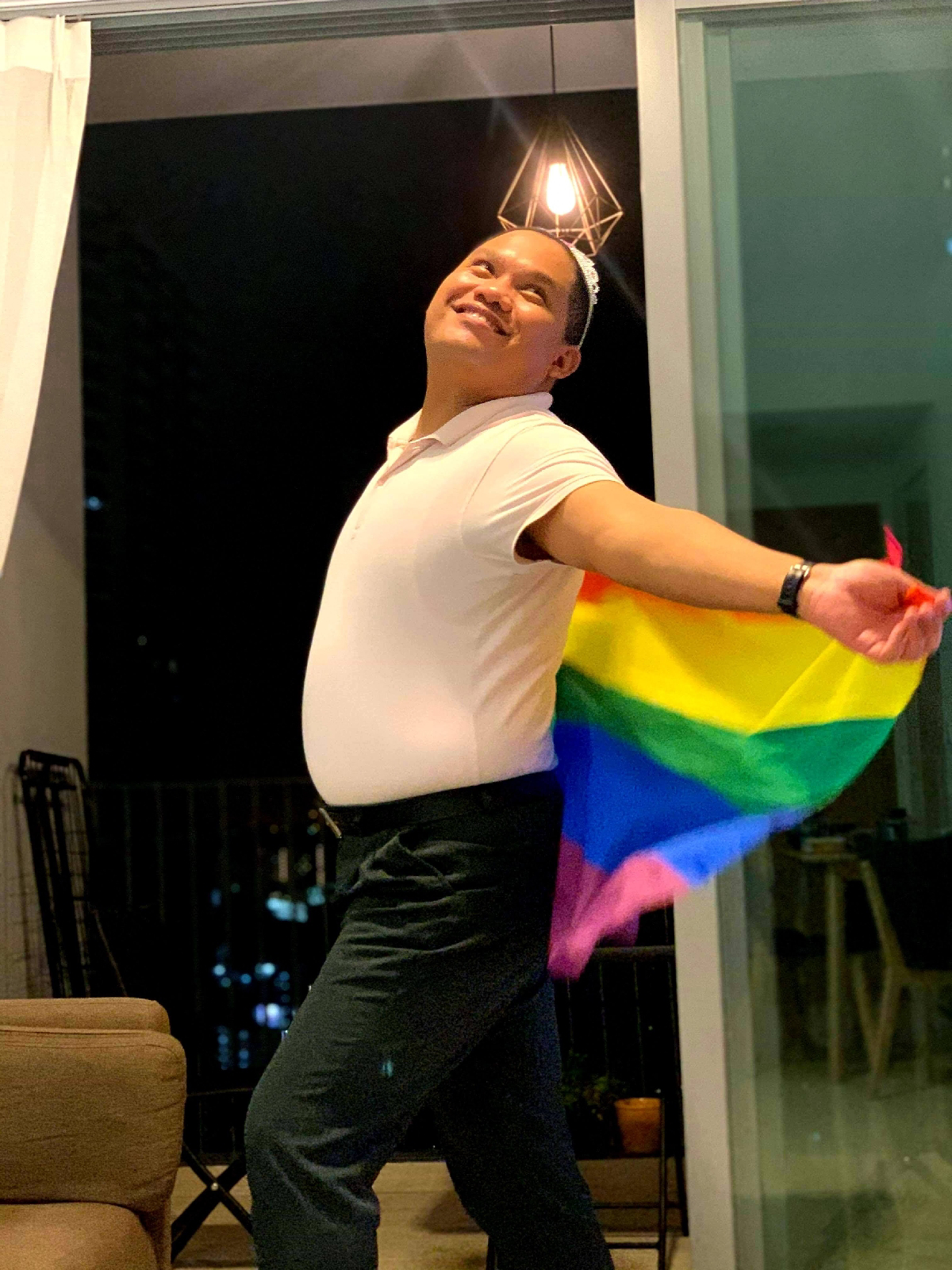(IMAESCII521) Can Research be "Queered"?
As intersectional research becomes more prevalent in many of my readings, I wonder whether there are other ways to appropriately represent the 'queer' - in this case, individuals who are non-conforming to the normative presentation of gender as masculine and feminine.
Reading Browne and Nash (2016), there are individuals who do not accept the extent of feminist research to represent the queer community. Queer scholarship has introduced the researchers to new dimensions of intersectional research. They also argued that Queer Theory is a resistance to the prescribed acceptance to heterosexual norms and privileges while disregarding and marginalising the non-conforming homosexuals. Such debate then brings us to question whether debates on sexuality has transcended into a deeper discussion beyond the hetero-homo spectrum.
I am particularly interested with this given that queering of the scholarship also entails challenging the institutions which promote obscurity to the non-heterosexuals, as well as within the queer communities of the Global North and Global South. Though the editors of the book I read (see reference below) does not offer such queer research methods, researchers are invited to look at the exisiting manifestations and representations of "queerness" manifested in both material and non-material narratives and forms, and using qualitiative research to gather data from the members of this community.
Whether I pursue this in the future would be a thing in the works at the moment. I think we need to amplify further our position in the society as rational beings using our queer lens as well.
References:
Browne, K., & Nash, C. (2016). Queer Methods and Methodologies: An Introduction. In K. Brown & C. J. Nash (Eds.), Queer Methods and Methodologies: Intersecting Queer Theories and Social Science Research. Routledge.

.jpg)
Comments